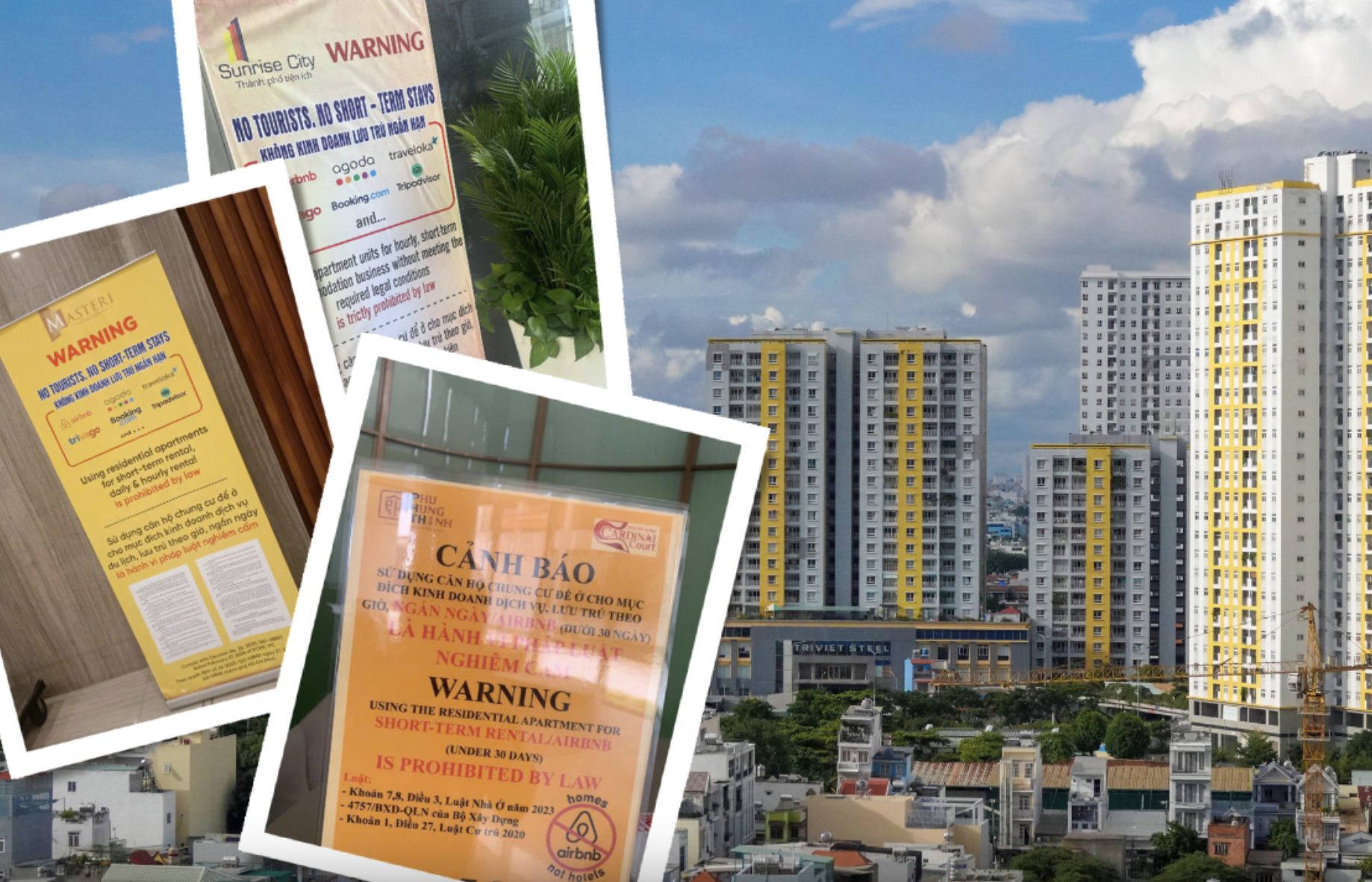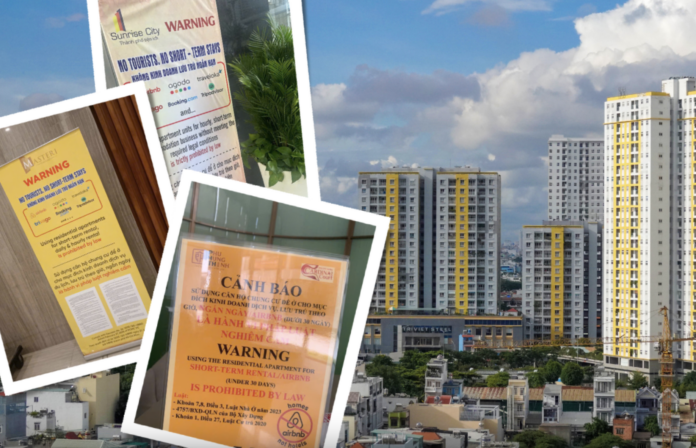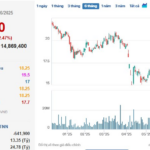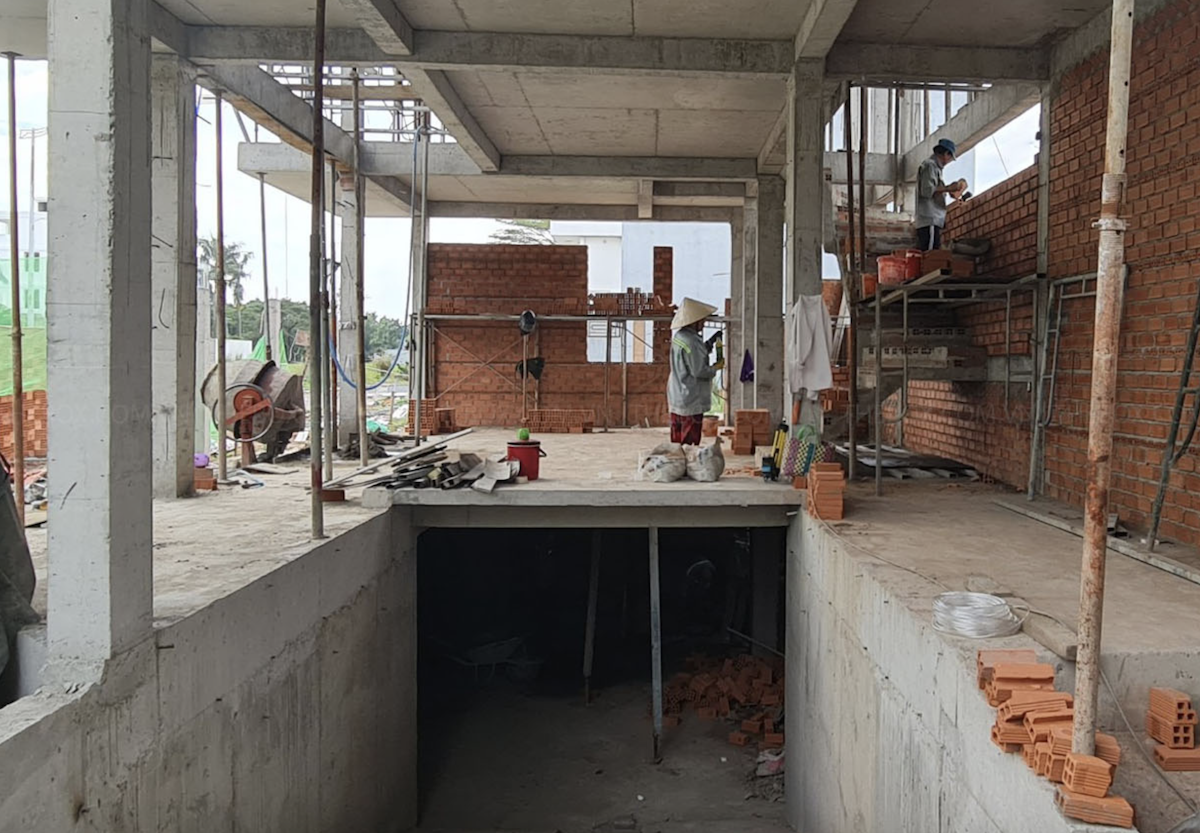Towards a Brighter Future: Navigating the Complexities of Shared Economy in Ho Chi Minh City’s Tourism Sector
On June 6th, the Ho Chi Minh City Department of Tourism, in collaboration with the Department of Science and Technology, announced their joint efforts to research and establish a “Policy to Promote the Development of the Shared Economy Model in the City’s Tourism Accommodation Sector.” This initiative aligns with the People’s Committee of Ho Chi Minh City’s direction to foster shared economic growth in the 2025-2030 period.
According to the Ho Chi Minh City Department of Tourism, the shared economy in the accommodation sector, particularly the Airbnb model for short-term stays in apartment buildings, has witnessed significant growth. It caters to the diverse needs of international tourists, experts, short-term workers, and young enthusiasts seeking homestay experiences.
However, this model has also presented several challenges. These include difficulties in maintaining security and order, non-compliance with fire safety regulations, a lack of stringent oversight mechanisms, and potential risks to tourists. Additionally, the absence of clear service contracts and legitimate invoices has negatively impacted the city’s destination image.

Several apartment buildings in Ho Chi Minh City have banned short-term rental accommodations. Source: Sơn Nhung – Hoàng Triều
In February 2025, the People’s Committee of Ho Chi Minh City issued Decision 26/QD-UBND, regulating the management and use of apartment buildings. This decision included provisions for managing the operation of apartments as tourist accommodations, setting conditions for their use as such. These regulations have directly impacted households that have been conducting short-term rental businesses through Airbnb in the past.
To address these challenges and create a comprehensive legal framework, the Department of Tourism is developing and implementing tax policies for room rental platforms in line with the city’s and the nation’s tax systems. Additionally, they are establishing mechanisms for collaboration between local governments and sharing platforms to monitor activities and promptly handle violations related to security and fire safety.
The department representative emphasized, “We are committed to building and refining a smart management and monitoring system. We aim to develop an integrated online portal that facilitates easy registration and tax declaration for individuals and organizations. This portal will also ensure transparent management by interconnecting data across relevant agencies and localities, providing continuous updates.”
Furthermore, the department plans to leverage information technology for business supervision, utilizing big data systems to monitor tourism trends, tenant numbers, and market dynamics. They will also pilot a coordination mechanism between governmental management agencies, clearly defining each agency’s responsibilities in managing and developing the shared economy.
These initiatives underscore Ho Chi Minh City’s proactive approach to embracing the shared economy while addressing its challenges. By fostering collaboration, enhancing oversight, and leveraging technology, the city aims to create a sustainable and thriving tourism sector that benefits all stakeholders.









































